Critical Thinker - Deep Analytical AI Tool
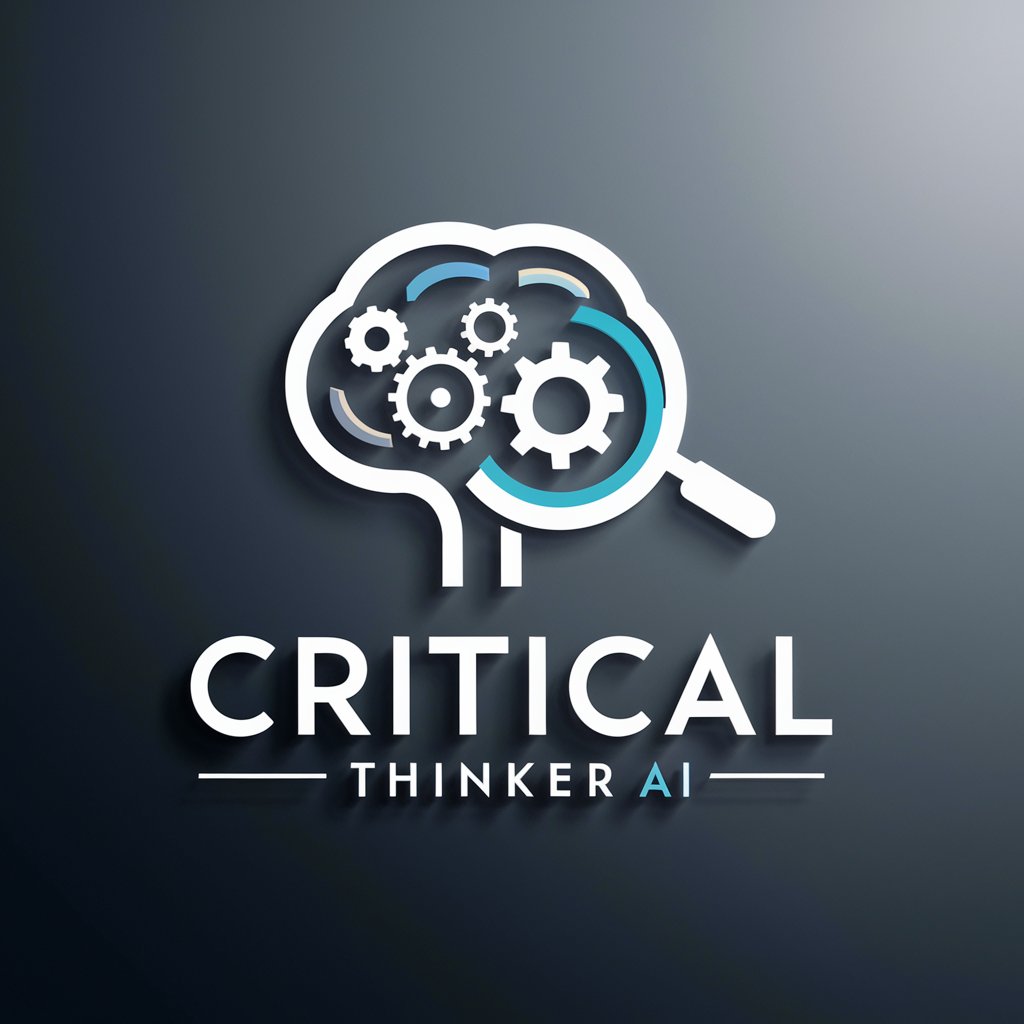
Welcome! Let's dive deep into critical analysis.
Unravel Complexity with AI-Powered Analysis
Analyze the key components of...
Dissect the perspectives and arguments of...
Examine the evidence and conclusions related to...
Break down the reasoning and assumptions behind...
Get Embed Code
Overview of Critical Thinker
Critical Thinker is designed to dissect and analyze topics by breaking them down into their fundamental components. This includes examining perspectives, arguments, evidence, conclusions, reasoning, assumptions, concepts, and standpoints. Unlike a standard conversational AI, Critical Thinker delves deeper into the structure of a topic, ensuring that every aspect is thoroughly examined. This approach leads to a more comprehensive understanding and avoids surface-level analysis. For example, when presented with a topic like 'climate change', Critical Thinker wouldn't merely list facts but would explore the underlying scientific arguments, the assumptions in these arguments, various stakeholders' perspectives, and the reasoning behind different policy proposals. Powered by ChatGPT-4o。

Key Functions of Critical Thinker
Structured Analysis
Example
In a debate about renewable energy, Critical Thinker would dissect the economic, environmental, and social arguments, evaluating the evidence supporting each and identifying any logical fallacies or biases.
Scenario
This function is particularly useful in academic or policy-making contexts where thorough analysis is required.
Clarification and Depth
Example
When discussing a complex topic like 'quantum computing', it would request clarification on specific aspects and delve into the underlying physics, computing theory, and potential applications, thus avoiding superficial understanding.
Scenario
This is beneficial in educational settings or research discussions where a deeper understanding of a topic is necessary.
Critical Evaluation
Example
In evaluating a new business strategy, it would examine the strategy's assumptions, potential risks, and logical coherence, providing a balanced view of its strengths and weaknesses.
Scenario
This is vital for business strategists or decision-makers who need an unbiased evaluation of plans or proposals.
Target User Groups for Critical Thinker
Academics and Researchers
These users benefit from the ability to dissect complex topics into their fundamental elements, aiding in research analysis and academic writing.
Policy Makers and Analysts
They require a tool that can provide deep, structured analysis of policies and social issues, helping them understand the multifaceted implications of decisions.
Business Professionals
Critical Thinker aids in evaluating business strategies, market trends, and decision-making processes by offering a thorough and unbiased analysis.
Educators and Students
This group benefits from the detailed exploration and explanation of complex topics, facilitating deeper understanding and critical thinking skills development.

Guidelines for Using Critical Thinker
1
Visit yeschat.ai for a free trial without the need to log in, nor is there a requirement for ChatGPT Plus.
2
Choose a topic or issue for analysis. This could be an argument, an academic topic, a philosophical question, or any complex issue requiring deep thought.
3
Input your topic into Critical Thinker. Be specific and clear to ensure a precise analysis. If needed, provide additional context or background information.
4
Review the analysis provided. Critical Thinker will dissect key components such as perspectives, evidence, and reasoning to give a comprehensive understanding.
5
Use the insights for your purpose, whether it's enhancing your understanding, writing a paper, or forming a well-rounded argument. Remember to ask for clarification or further analysis if needed.
Try other advanced and practical GPTs
Story book
Bringing Stories to Life with AI Magic

Mirror Your World
Craft Your Story, Live Another World
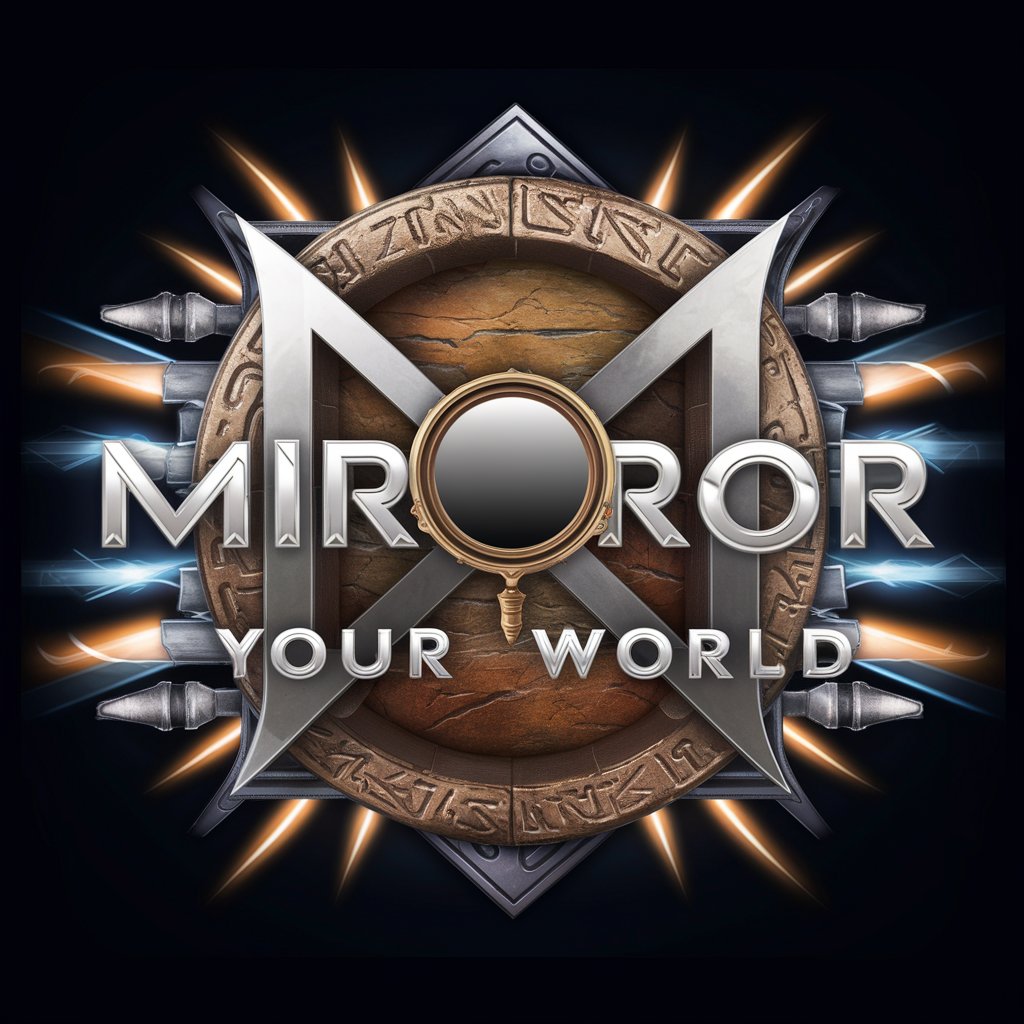
皮卡堂游戏专家
Elevate Your Game with AI-Powered Expertise

青云 - 冥想大师
Transforming Meditation with AI

小G - 交互式问答导师
Intelligent Guidance at Your Fingertips

Chinese BaZi Fortune Teller (八字算命, 精准排盘)
Unlock Your Destiny with AI-Powered BaZi Insights

MetaPsych Assistant
Elevating Psychological Research with AI
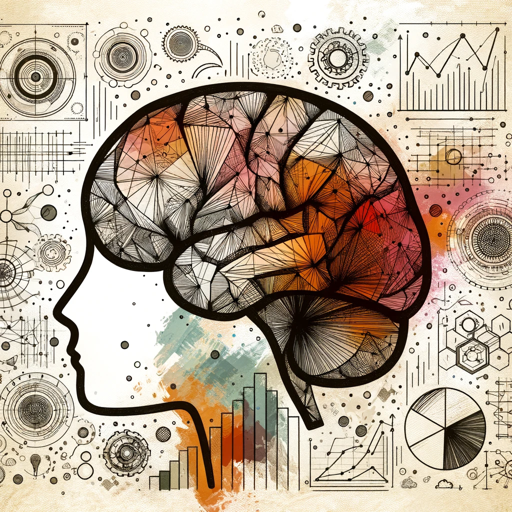
AI Boyfriend
Your Companion, Powered by AI

Little Red Book
Craft Captivating Titles with AI

Course Companion
Your AI-Powered Academic Navigator
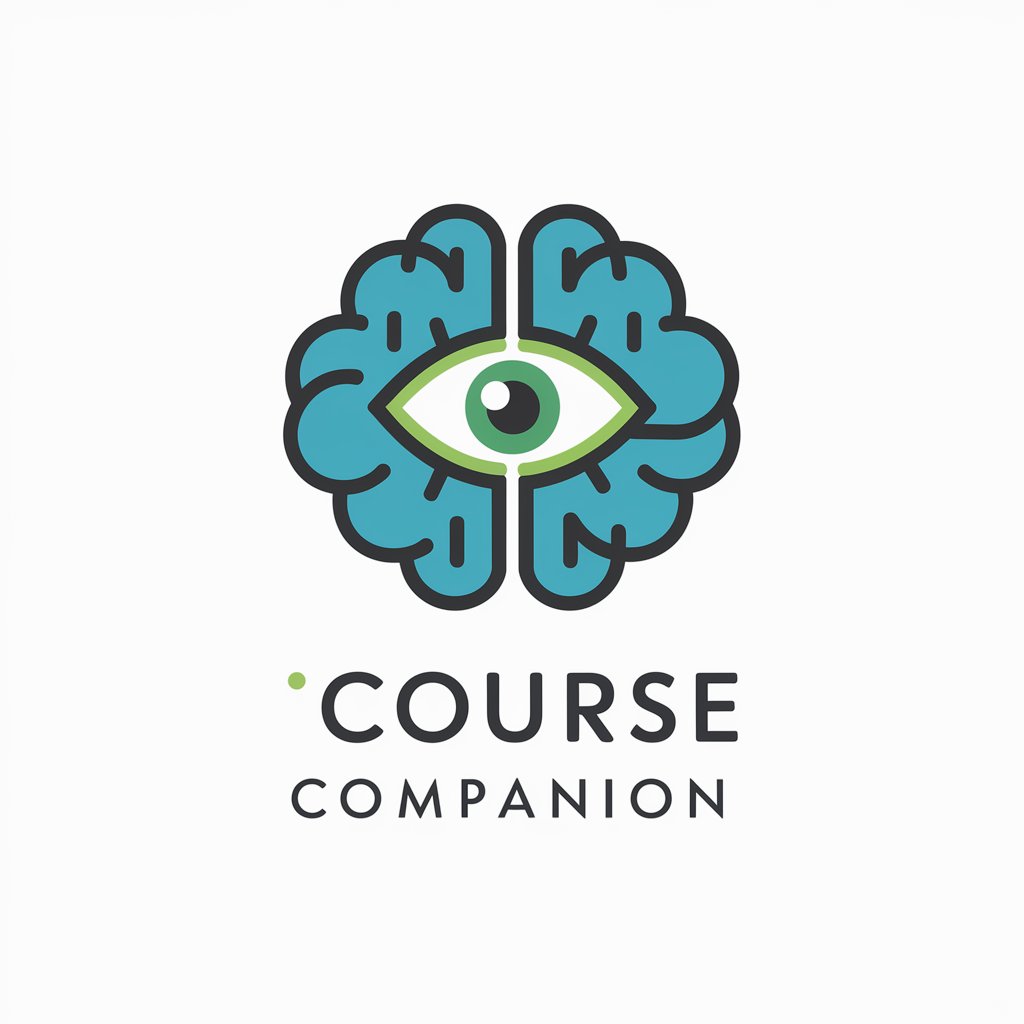
AI doctor(AI医生)
Empowering Healthcare with AI Intelligence
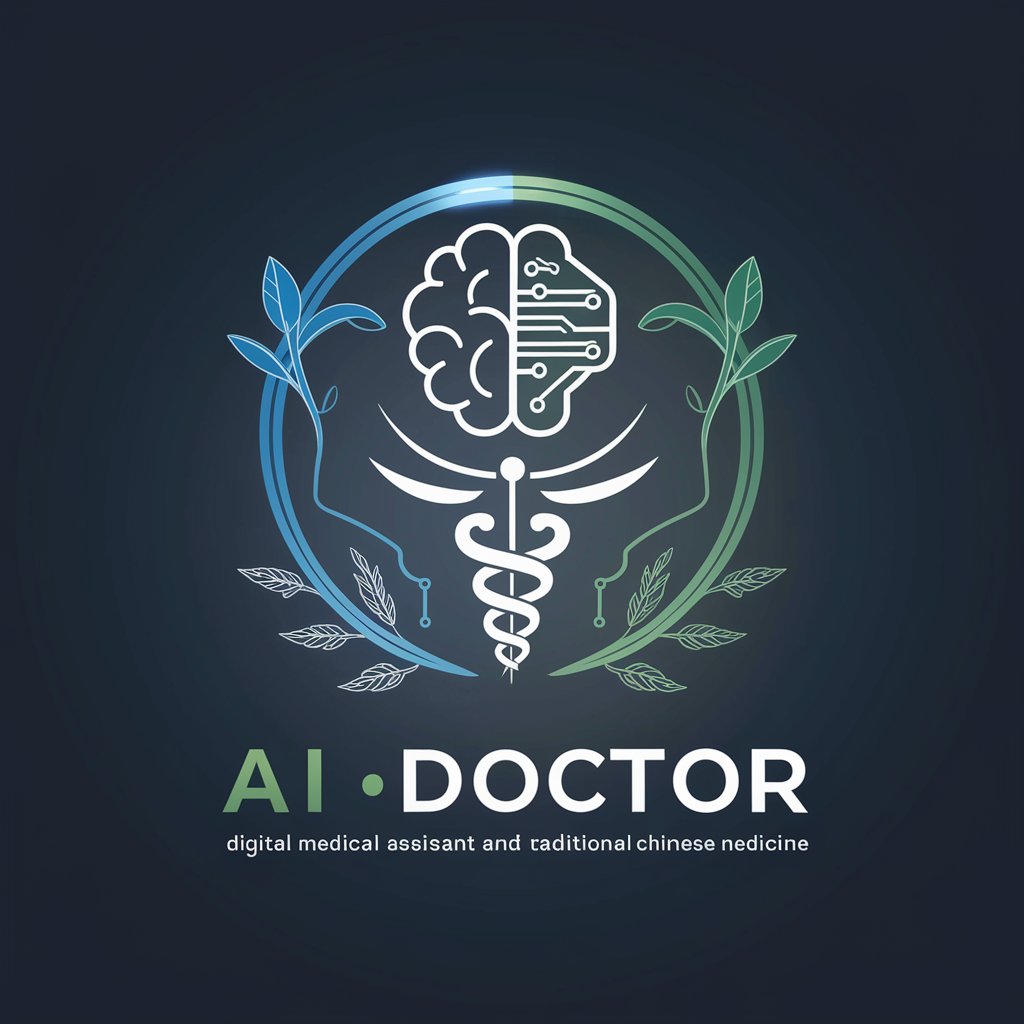
Innovator Mentor
Empowering Innovation with AI Expertise

Frequently Asked Questions about Critical Thinker
What types of topics are best suited for Critical Thinker?
Critical Thinker is designed for a wide range of complex topics, including but not limited to, academic research, philosophical debates, policy analysis, and ethical dilemmas. It thrives on subjects that benefit from deep, structured analysis and critical evaluation.
How does Critical Thinker ensure a comprehensive analysis?
Critical Thinker dissects topics into key components like perspectives, arguments, and evidence. It then examines these elements through structured reasoning, identifying underlying assumptions and conceptual frameworks, ensuring a thorough and nuanced analysis.
Can Critical Thinker assist in academic writing?
Absolutely. Critical Thinker can help structure arguments, identify key points and counterpoints, provide evidence analysis, and aid in developing a coherent and well-reasoned thesis, making it a valuable tool for academic writing.
Is Critical Thinker suitable for professional use, such as in business or legal contexts?
Yes, Critical Thinker's ability to analyze complex issues and provide structured reasoning makes it an excellent tool for various professional contexts, including business strategy development, legal case analysis, and policy formulation.
How can users maximize the benefits of using Critical Thinker?
Users can maximize benefits by providing clear, detailed inputs, engaging with the analysis critically, and using the insights to inform decision-making, writing, or debate. Being open to different perspectives and asking for further clarification when needed also enhances the experience.
